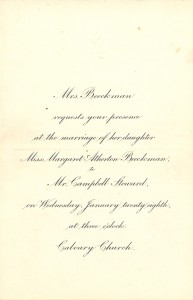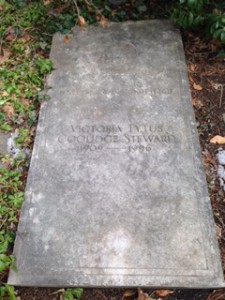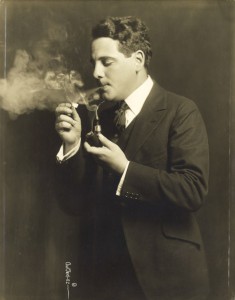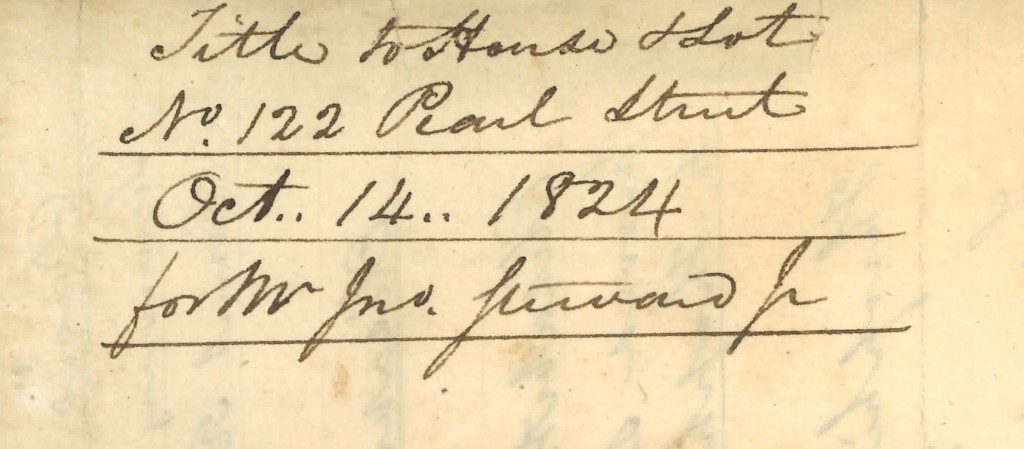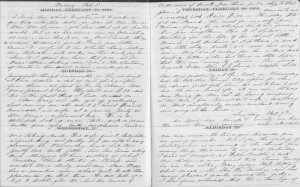
History is full of portentous moments – in retrospect. America, 1860: To us, today, it is axiomatic to say that, with the election of Abraham Lincoln, the nation teetered on the verge of civil war. Yet for one diarist, writing late in the year, the potential outcome of the presidential election was of very limited interest. Regina Shober Gray’s[1] near-daily diary entries take no notice of the rival candidates’ campaigns until early October. Her earliest mention is so vague that it would be easy to miss: Continue reading Torch-light processions

